Having an understanding of the common problems and diagnostics is essential for maintaining the longevity and performance of your RV refrigerator. Regular maintenance and care are equally important aspects of preserving its functionality. However, sometimes you may encounter advanced repair issues that require the help of a professional.
Key Takeaways
- Gaining an understanding of RV refrigerator workings is crucial for addressing cooling and maintenance issues
- Being able to diagnose common problems leads to better longevity and performance of the appliance
- Regular maintenance and knowing when to call a professional are essential for efficient functioning
Understanding Your RV Refrigerator
Types of RV Refrigerators
From my experience, there are primarily two types of RV refrigerators: absorption and compressor. Absorption refrigerators rely on a mix of chemicals and heat, while compressor refrigerators depend on an electric motor and a compressor. Most RVs come with absorption refrigerators, as they can operate on both electricity and propane, offering more flexibility for RV owners.
How Does an RV Refrigerator Work?
Regarding absorption refrigerators, the cooling unit operates on a unique principle involving ammonia, water, hydrogen gas, and sodium chromate. Here’s a brief breakdown of the process:
- Heating: Firstly, a mixture of water and ammonia is heated, which causes the ammonia to evaporate while water remains in a separate chamber.
- Cooling: As the ammonia vapor rises, it combines with hydrogen gas and enters the evaporator. This mixture then absorbs the heat inside the refrigerator, leading to a cooling effect.
- Ammonia Dissolution: After absorbing the heat, the ammonia gas passes through the condenser, where it cools and dissolves back into the water.
- Repeating the Cycle: Lastly, the ammonia and water solution flows into the evaporator again, and the cooling cycle repeats.
In contrast, compressor refrigerators function similarly to residential ones. The compressor circulates a refrigerant through the system, which absorbs heat from the refrigerator’s interior, cools and then releases the heat outside. Compressor refrigerators are more energy-efficient and cool faster than absorption-type models, but they rely solely on electricity to function.
In conclusion, understanding the types and workings of RV refrigerators can help you troubleshoot any issues that may arise and ensure that your food stays fresh throughout your journey.
Common RV Refrigerator Problems and Diagnostics
Troubleshooting Electrical Issues
When I’m facing an electrical problem with my RV refrigerator, the first thing I do is check if it’s running on the right power source. For example, if it’s supposed to run on gas but it’s not, the issue might be in the battery charge or a blown fuse in the 12-volt DC panel. Additionally, I always use a multimeter to verify if the control board is correctly powering the heating element (found on the RV Fridge Troubleshooting Tricks page).
Identifying Ammonia Leaks
If I can smell ammonia inside my RV or around the refrigerator, I suspect a leak in the system. An ammonia odor indicates a breach in the cooling unit, which can be dangerous and lead to malfunctioning of the refrigerator. I will pay close attention to any yellow stains on the refrigerator’s back, which could indicate a leakage. Moreover, I’ll ensure proper ventilation and avoid the risk of fire hazards caused by leaks.
Assessing Cooling Performance
I’ve learned from my experiences that it’s essential to allow my RV refrigerator ample time to reach optimal temperature levels – at least 8-12 hours. This is even more crucial when first starting it up, expecting the temperature to be around 43°F in the main section and 34°F in the freezer (Camper Smarts). To assess the cooling performance, I maintain an eye on the temperature inside the refrigerator, and I make adjustments to the thermostat as necessary. Whenever the cooling performance isn’t up to the mark, I ensure the refrigerator is level and well-ventilated.
Dealing with Frost and Condensation
I often encounter frost and condensation buildup inside my RV refrigerator. I find that addressing these issues is crucial to optimizing its functionality and preventing potential damage to the cooling unit. By keeping the door of the refrigerator tightly sealed and wiping down excess moisture regularly, I can minimize condensation and frost formation. Additionally, I try to avoid letting warm air into the refrigerator, as this exacerbates the problem.
Throughout my journey as an RV owner, I’ve become adept at troubleshooting and fixing various refrigerator problems. By paying close attention to electrical issues, ammonia leaks, cooling performance, and frost and condensation, I ensure that my RV refrigerator remains reliable during my adventures.
Routine Maintenance and Care for Longevity
Cleaning Best Practices
I can’t emphasize enough the importance of regularly cleaning your RV refrigerator. When it comes to cleaning, it is essential to follow a few best practices that will extend the lifespan of your appliance. First, I recommend disconnecting the refrigerator before starting, ensuring safety. Then, use a mild soap and water solution to clean the interior. Avoid using harsh chemicals, as they can damage the appliance’s surfaces.
To maintain proper airflow, it’s essential to clean your refrigerator’s condenser coils periodically. Dust and sediment can accumulate on the coils, which can lead to reduced efficiency and even a shorter lifespan for the refrigerator. To clean the coils, simply use a soft brush or a vacuum cleaner with a brush attachment to gently remove dust and debris.
Additionally, don’t forget to clean the water and ice dispensers if your RV refrigerator has these features. Regular cleaning will prevent buildup and ensure that your refrigerator keeps running efficiently. You can follow this simple guide for cleaning water/ice dispensers.
Inspecting for Wear and Tear
Besides cleaning, regular inspection for wear and tear will help maintain your RV refrigerator’s performance. One crucial aspect of inspection is checking the refrigerator’s door seals. Damaged or worn-out seals can compromise the cooling efficiency of the appliance and shorten its lifespan. To check the door seals, place a piece of paper between the door and the appliance’s body while closing the door. If the paper slides out easily, it is time to replace the seals.
Another vital element to inspect is the cooling unit. A leaking cooling unit can affect the refrigerator’s ability to maintain the required temperature. Keep an eye out for any signs of leakage, such as an ammonia smell or residue. If you notice any leakage, it’s best to have the cooling unit checked by a professional technician.
To sum up, routine maintenance and care for your RV refrigerator involve cleaning various components and inspecting for wear and tear. By following these best practices, you can ensure your refrigerator runs efficiently and extends its life even while you’re on the move.
Advanced Repairs and When to Call a Professional

Replacing Key Components
In some cases, the best course of action is to replace certain components of your RV refrigerator. If I suspect an issue such as a faulty thermostat or circuit board, I would consult the manufacturer’s manual for instructions on identifying and replacing these parts. For more intricate repairs, such as those involving the cooling unit or power supply, I would consider enlisting the help of professionals.
Handling Ammonia System Issues
One common issue in RV refrigerators is ammonia sediment buildup, which can cause cooling problems. To address this, I would first try unplugging the refrigerator and carefully flipping it upside down to help the sediment move away from the cooling unit, as suggested by Camper Grid. If this does not resolve the issue, it may be necessary to call in a professional to examine and repair the cooling system further.
If I were to encounter a leak in the cooling unit, I would take the matter seriously, as leaks can result from a compromised ammonia system. In this case, I would contact a professional technician with experience dealing with ammonia systems. Attempting to fix the problem without proper knowledge could be dangerous, as ammonia is a hazardous substance.
Resolving Freezer Complications
Issues with the freezer section of an RV refrigerator can range from temperature fluctuations to frost build-up. Before I attempt any further troubleshooting, I would consult my manufacturer’s manual for guidance and instructions. Should persistent issues arise, it could be an indication of a more complex problem requiring professional repair or replacement of the freezer unit.
When tackling advanced RV refrigerator repair issues, it’s important to recognize when it’s best to call a professional. Complex repairs involving ammonia systems, cooling units, and essential components should be handled by experts to ensure both safety and proper functionality. By understanding the limits of my own expertise, I can help maintain the longevity and effectiveness of my RV refrigerator.
Upgrading Your RV Refrigerator
When it comes to keeping your food and beverages fresh during your RV adventures, having a reliable and efficient refrigerator is essential. In recent years, there have been significant improvements and advances in RV refrigeration technology, with brands like Dometic and Norcold leading the way.
Considering a New Refrigerator Model
If you’re facing persistent issues with your current RV refrigerator, such as insufficient cooling or power consumption problems, it might be time to consider an upgrade. Investing in a new refrigerator model can not only provide you with better performance, but also improve energy efficiency. Smarter designs with more advanced features have made RV refrigerators even more user-friendly and low-maintenance.
When looking at new RV refrigerators, here are a few factors I like to consider:
- Size: Make sure the new refrigerator fits within the dimensions of your RV, with enough clearance space for proper ventilation.
- Type: Depending on your RV’s power supply and off-grid capabilities, you may want to choose between an absorption-type refrigerator (like those from Dometic or Norcold) and a residential-style refrigerator.
- Energy Efficiency: Opt for a model that offers low energy consumption without sacrificing performance. Technological advancements have made it possible to locate refrigerators that can save both electricity and gas, which is particularly important for boondocking.
- Temperature Management: Consider a refrigerator with adjustable temperature settings or even an integrated thermometer, to ensure your food stays fresh and safe to consume.
- Ease of Maintenance: Pick a refrigerator that is easy to troubleshoot, repair, and maintain in the long run.
Upgrading your RV refrigerator is a significant investment, but the benefits often outweigh the costs. A new, more efficient refrigerator can help ensure that your time on the road is both enjoyable and stress-free. Remember to consider factors such as size, type, energy efficiency, temperature management, and ease of maintenance when choosing the perfect upgrade for your RV experience.


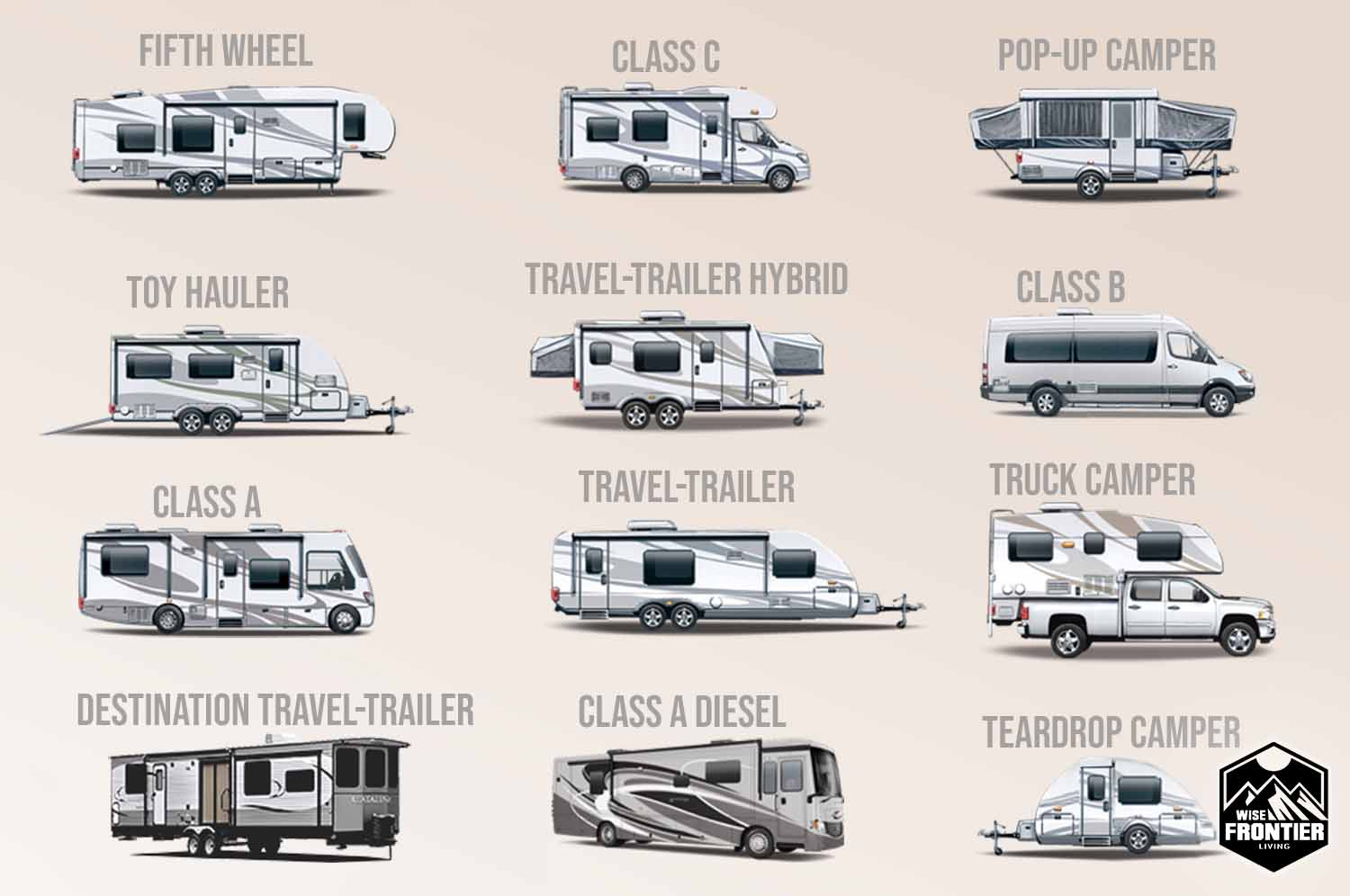
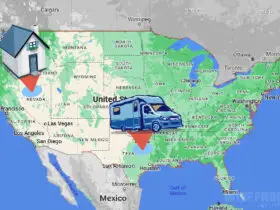
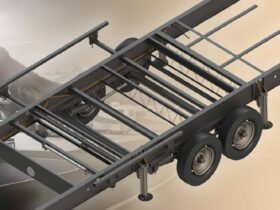

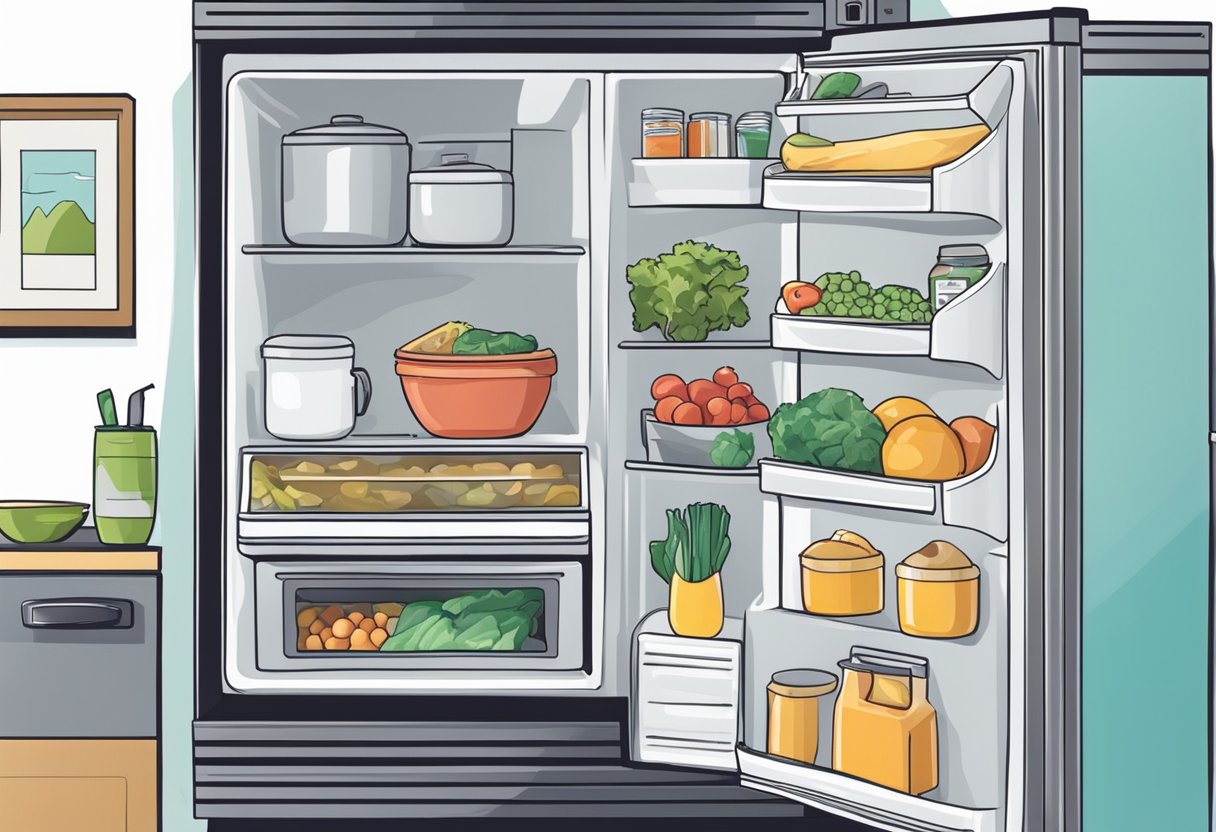
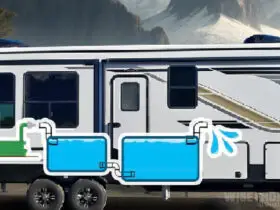
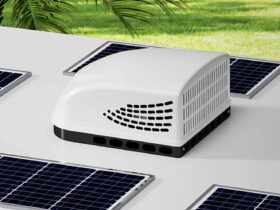
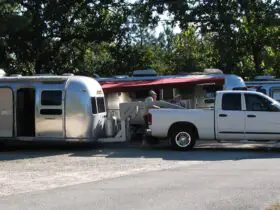
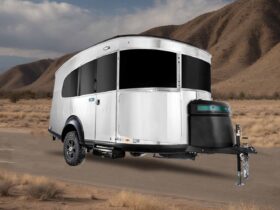

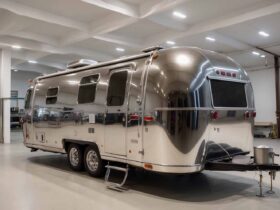
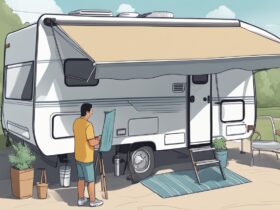
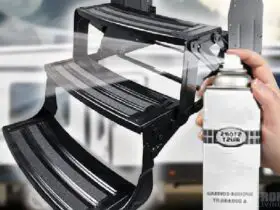
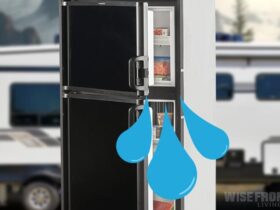
Leave a Reply